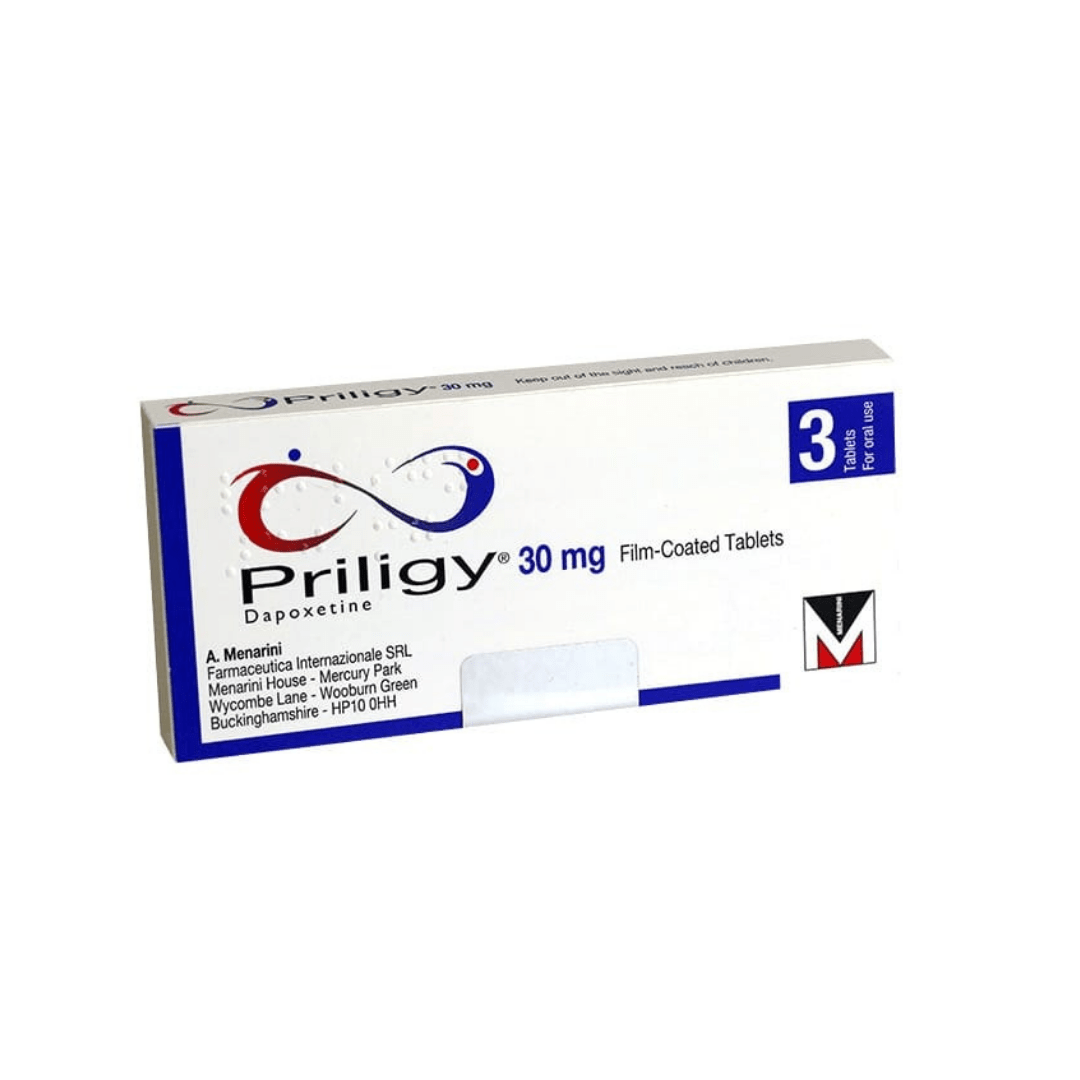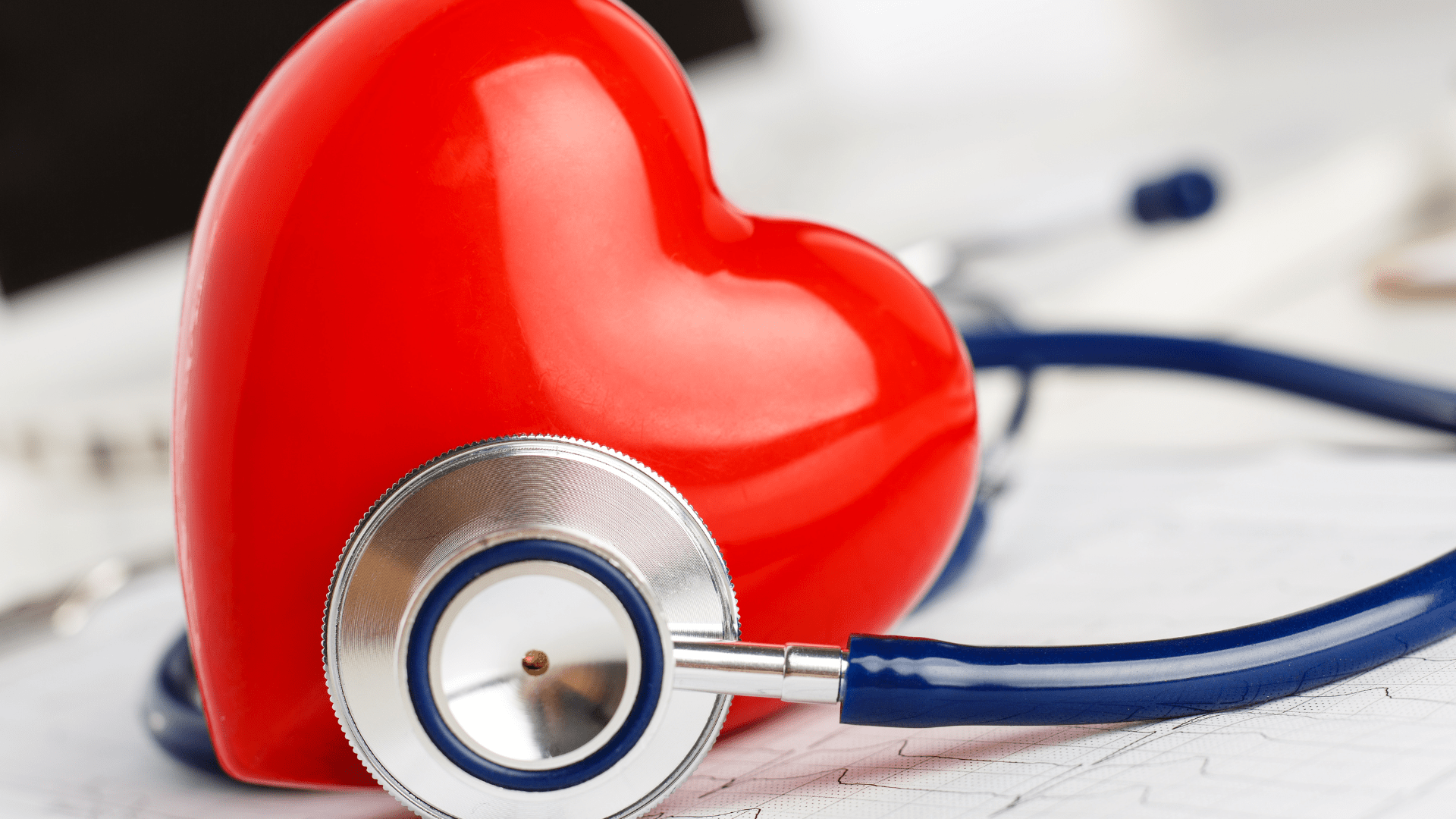What is premature ejaculation?
Premature ejaculation (PE) is where a man ejaculates too quickly during sex.
The duration of sex can vary, with couples deciding how long is right for them. So, there isn’t a correct amount of time that a man takes to climax. If you and your partner feel satisfied with the sex you share, then you have nothing to worry about. But medically, PE is defined as climaxing within two minutes of penetrative sex.
If you feel you climax too soon in around half or more sexual attempts, or if you feel you ejaculate without a sense of control, then you could consider seeking treatment.
What causes premature ejaculation?
PE is rarely a problem with your penis. Most of the factors affecting PE are not physical at all. You may find that you are more likely to ejaculate early if you:
– Are experiencing a rough patch in your relationship.
– Have anxiety about your ability to sexually satisfy your partner.
– Are under a lot of stress.
– Have depression or mental illness.
– Are using recreational drugs or have been drinking.
– Your penis is more sensitive than average.
PE is more common in younger men or men with less sexual experience. But most men experience PE at some point in their lives and this is quite normal.
Sometimes, PE can be the result of more complex psychological reasons. For example:
– As a teenager, you may have taught yourself to climax quickly to avoid being caught masturbating and now find it more difficult to take your time.
– You may have been caught masturbating or had a similar humiliating sexual experience.
– You associate sex with shame because of a religious or conservative upbringing.
– You were sexually abused.
However, frequent PE can suggest an underlying health condition such as:
– Prostate problems
– Thyroid issues
So, it’s important to seek treatment to rule out a potential health condition.
What treatments are available for premature ejaculation?
Techniques to try yourself
– Try masturbating a couple of hours before having sex.
– Wear thicker condoms to help desensitise your penis.
– Take a break during sex and start again after a few minutes.
– Try sex in a position where your partner is in control and can pull away before you ejaculate.
– Take a deep breath if you feel yourself climaxing as this can stop the ejaculatory reflex.
– Save penetrative sex until the end of your love-making and instead use foreplay to make the sexual encounter longer and more satisfying.
Premature ejaculation medication
A drug called Priligy uses a specific selective serotonin reuptake inhibitor (SSRI) to help delay ejaculation. Priligy is taken before sex.
Priligy is available through our online prescription service.
Anti-depressants
Many antidepressants are also SSRIs and may also delay ejaculation. However, if your PE is a symptom of your depression, you may be prescribed anti-depressants that help treat your mental illness. As your mental health improves, so will your PE.
Topical anaesthetics
Anaesthetic creams can be applied to the penis to help reduce how sensitive it is. However, the cream can be transferred to your partner, desensitising them also. So, it’s best to use the cream and a condom to prevent this from happening.
It’s difficult to talk about premature ejaculation
The mental effects of PE can be devastating so it’s important to be kind to yourself. PE is not your fault and does not reflect on who you are as a person or how masculine you are.
There are many treatments and techniques to help you get over PE. But sometimes, just being able to talk openly about sex can help:
– If you are worried about your sexual performance, try talking to your partner about it. It’s very likely they will want to help you.
– You and your partner could try couples therapy or sex therapy. Seeking help from a professional can help you to create a healthy attitude towards sex.
Call the National Sexual Health Helpline free on 0300 123 7123.





